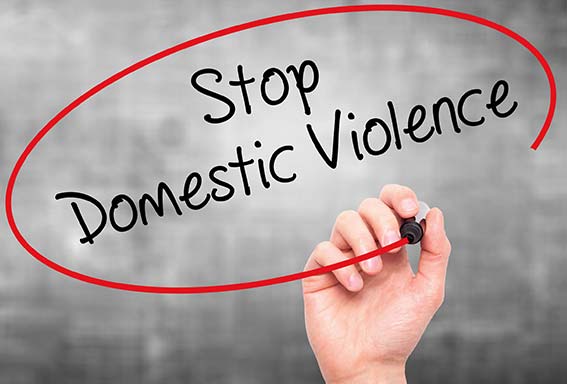A jury of the Superior Court of Santa Clara County, California, found defendant guilty of battery causing serious bodily injury and of assault by means of force likely to produce great bodily injury under Pen. Code, §§ 242, 245. The evidence showed an exchange of belligerent comments culminating in an impulsive and unexpected blow by the alleged victim to which defendant responded with a flurry of blows. Defendant appealed.
The trial court instructed the jury, over defense objection, that one charged with assault could not successfully plead self-defense ADA lawyer San Bernardino if he was engaged in mutual combat with the victim. Further, the court refused the jury’s request during deliberations for a legal definition of “mutual combat,” telling jurors instead to rely on the ordinary meaning of those words. In reversing the judgment, the court held that the failure to clarify the meaning of “mutual combat” was reversible error under Pen. Code, § 1138. The “mutuality” triggering the doctrine required that both combatants actually consented or intended to fight, but the jury was left to suppose that any exchange of blows disqualified both participants from claiming self-defense. Since the evidence was insufficient to establish an arrangement or agreement, and there was a substantial basis for the jury to find that defendant may have acted in self-defense when he struck the blow on which the verdict was based, it was reasonably probable that a properly instructed jury would have returned a verdict more favorable to defendant. The court also held that the evidence was insufficient to warrant a mutual combat instruction.
The court reversed the judgment.
Defendant neighbor appealed from an order of the Superior Court of Orange County (California), which permanently enjoined her from initiating contact with persons known by the neighbor to be plaintiff bar’s employees, making certain identified defamatory statements about the bar to third persons, and filming within 25 feet of the bar’s premises, unless on her own property, and except to document an immediate disturbance or damage to her property.
The neighbor, who lived across an alley from the bar, had been at odds with the bar’s owners over allegations of noise and public disturbances. The neighbor confronted customers and employees entering or leaving the bar, photographed and videotaped them, and made disparaging statements about the bar to local residents. The court held that the portions of the injunction prohibiting the neighbor from making the identified defamatory statements and from initiating contact with bar employees constituted impermissible prior restraints on speech and were overly broad. Libel and slander were not part of a statutory scheme expressing a compelling state interest justifying a content-based prior restraint on First Amendment rights. Also, Cal. Const. art. I, § 2(a) prohibited injunctions enjoining defamatory speech under a common law claim for libel or slander, whether made before or after a judicial determination the publication was defamatory. The restriction was too broad because it bore no resemblance to time, place, and manner restrictions but enjoined the neighbor from making the identified statements, based solely on their content, to anyone, anywhere, at any time, in any context.
The court reversed as to the provisions prohibiting the neighbor from initiating contact with the bar’s employees and prohibiting the neighbor from making defamatory statements about the bar to third persons. The court affirmed the remainder of the judgment and denied the neighbor’s request for attorney fees.






More Stories
Best Criminal Lawyers in Georgia: Navigating Legal Challenges with Top Expertise
Why Should You Consider Glendale Injury Law Firm for Your Family Law Needs?
New Jersey Bankruptcy Lawyer: Navigating Financial Recovery with Expertise